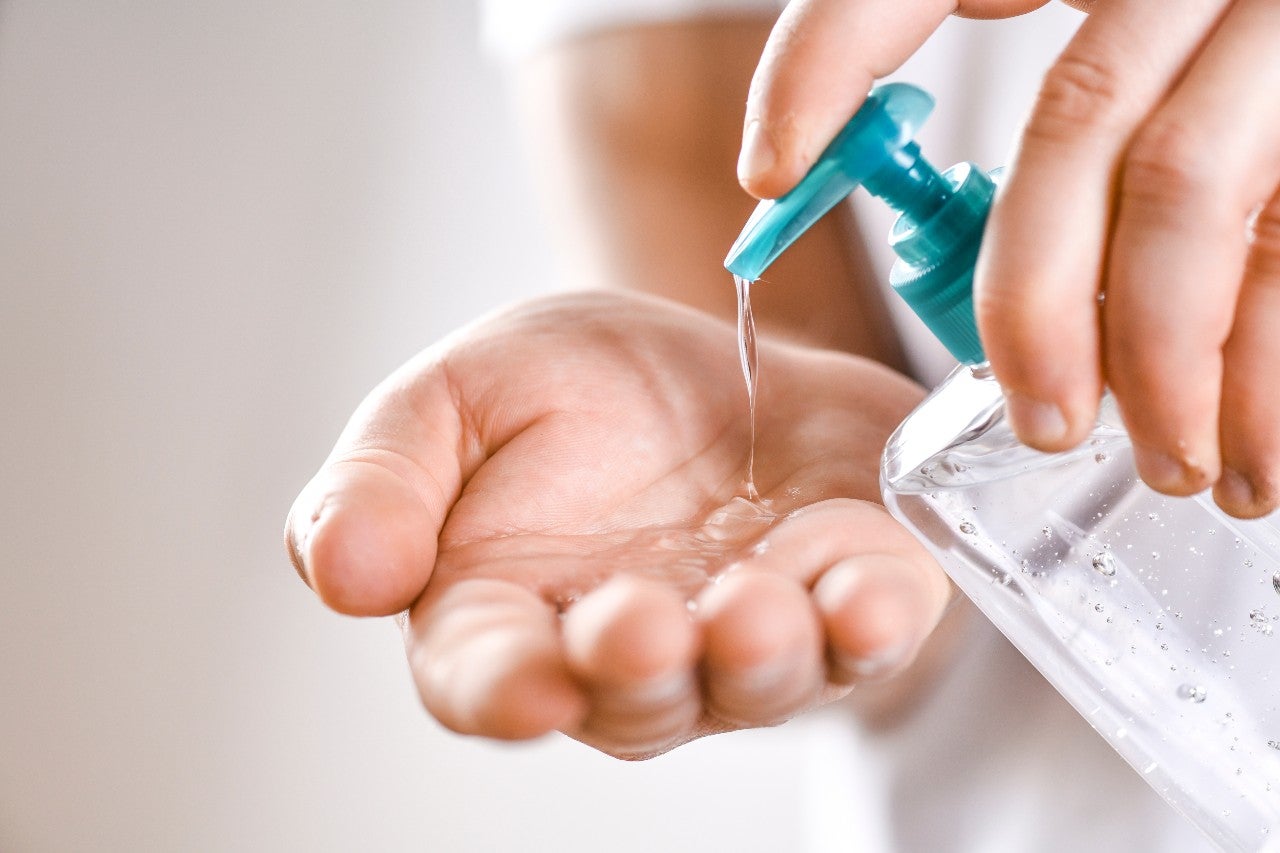
Quaternary ammonium compounds (Quats) are membrane-active agents well known for their efficacy against bacteria, fungi, algae, and enveloped viruses. A popular example is Benzalkonium Chloride (BKC), an antiseptic ingredient often formulated in topical, ophthalmic, nasal and oral preparations.
By deactivating viruses through the disruption of lipid membranes, BKC is effective against a long list of enveloped viruses, including enteroviruses, rotaviruses, norovirus, influenza virus, severe acute respiratory syndrome coronavirus (SARS-CoV), rhinovirus, chlamydia, herpes simplex and hepatitis A.
As the need for effective yet safe antiviral products intensifies amid the Covid-19 pandemic, what is BKC’s virucidal effect when it comes to coronaviruses?
How does Benzalkonium Chloride (BKC) deactivate viruses?
In the mode of action, the cationic ‘headgroup’ of BKC is progressively adsorbed to the negatively charged phosphate heads of phospholipids in the lipid bilayer and subsequently increases in concentration. The consistent increase of BKC concentration results in reduced membrane fluidity, creating hydrophilic gaps in the membrane.
In addition, the alkyl chain ‘tail’ component of BKC further perturbs the membrane bilayer by permeating the barrier and disrupting its physical and biochemical properties. Protein function is subsequently disturbed, and the combination of these effects results in the solubilisation of the bilayer constituents into BKC/phospholipid micelles. BKC also interrupts inter-cellular targets and compromises the conformational behaviour of DNA.
BKC and coronaviruses
Multiple studies have reported on the virucidal effect of BKC against coronaviruses. Rabenau et al. found that, as a surface disinfectant in concentration of 0.5%, BKC demonstrated a reduction factor of >4 against SARS-CoV. Meanwhile, by evaluating the virucidal activity of different oral rinses against three strains of SARS-CoV-2, Meister et al. reported log reductions of >3.11, >2.78 and >2.61 for a rinse containing 0.035% BKC.
While Schrank et al. has stated that the cumulated data on BKC-based products against the family of coronaviruses is not uniformly asserted, Quats are indeed reported to be effective against influenza viruses. Due to the similarities between the outer membrane structures of influenza and SARS-CoV-2 viruses with their relatively comparable phospholipid bilayers, Schrank et al. concludes significant ground for the potential efficacy of BKC against SARS-CoV-2.
Quats and BKC in the healthcare sector
Quats-based disinfectants have been recommended by several government agencies for deactivating SARS-CoV-2 virus. Of the US Environmental Protection Agency’s list of 370 suitable disinfectant products for use against SARS-CoV-2, a total 171 (40%) contain Quats ingredients alone, while a further 33 products contain Quats alongside one other class of active ingredient. The US CDC also asserted Quats to be a proven disinfectant, meanwhile Benzalkonium Chloride remains on the FDA’s list of approved hand sanitiser active ingredients.
In times like these, disinfection has never been more important in healthcare settings, where alcohol-based hand sanitisers (ABHS) predominate due to their low cost. However, the flammable compounds in ABHS offer just momentary disinfection, with frequent use often harsh and drying on the skin. Longer lasting effects are provided by less volatile active compounds such as Quats, which are also kinder to skin.


